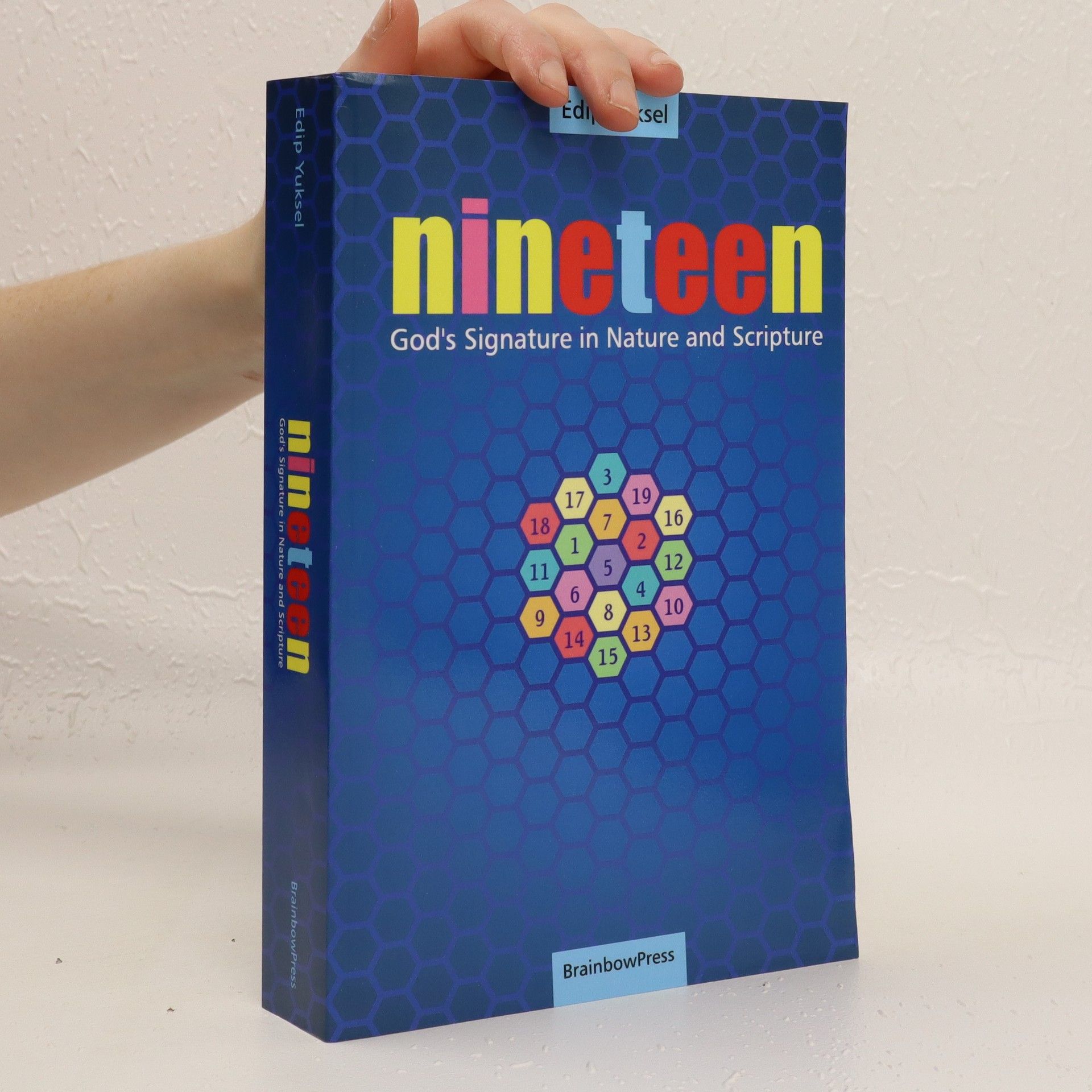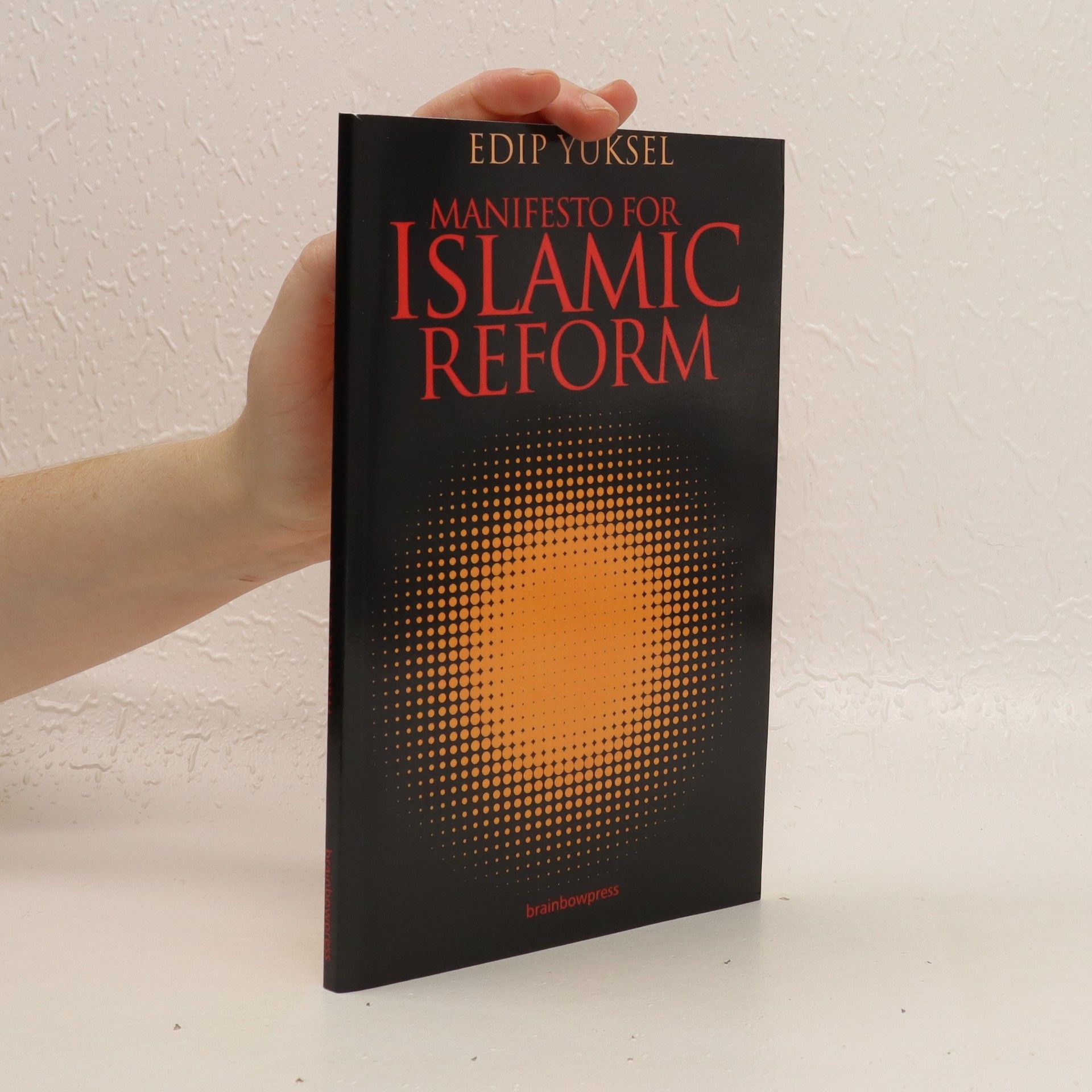Manifesto for Islamic reform
- 132 Seiten
- 5 Lesestunden
Yuksel reintroduces the actual message of the Quran. He removes the accumulated layers of man-made dogmas and traditions that have attached themselves to the text.
Edip Yuksel ist ein amerikanisch-türkisch-kurdischer Autor und Aktivist, dessen Werk sich einer tiefgreifenden Reform des Islam widmet. Seine Schriften untersuchen oft eine rationale und monotheistische Interpretation des Korans, hinterfragen traditionelle Lehren und suchen nach einem Weg zu friedlichem Verständnis. Yuksel's Werk zeichnet sich durch seinen intellektuellen Ansatz und sein Bestreben aus, islamisches Denken von Dogmen und Extremismus zu reinigen. Leser begegnen ihm als einem Denker, der keine Angst hat, grundlegende Fragen zu stellen und die Wahrheit durch kritisches Denken und Logik zu suchen.



Yuksel reintroduces the actual message of the Quran. He removes the accumulated layers of man-made dogmas and traditions that have attached themselves to the text.
Code 19 was hidden in the 74th chapter of the Quran and discovered by the author's colleague, Dr. Rashad Khalifa, an Egyptian-American biochemist, in 1974. The code suggests a "Copernican revolution" in theology of religions. Instead of Krishna-centered, Jesus-centered, or Muhammad-centered religions, people must turn to the original center, to the God-centered model.
The Reformist Translation of the Quran offers a non-sexist and non-sectarian understanding of the divine text that explicitly rejects the authority of the clergy to determine the likely meaning of disputed passages and uses logic and the language of the Quran itself as the ultimate authority in determining likely meanings.